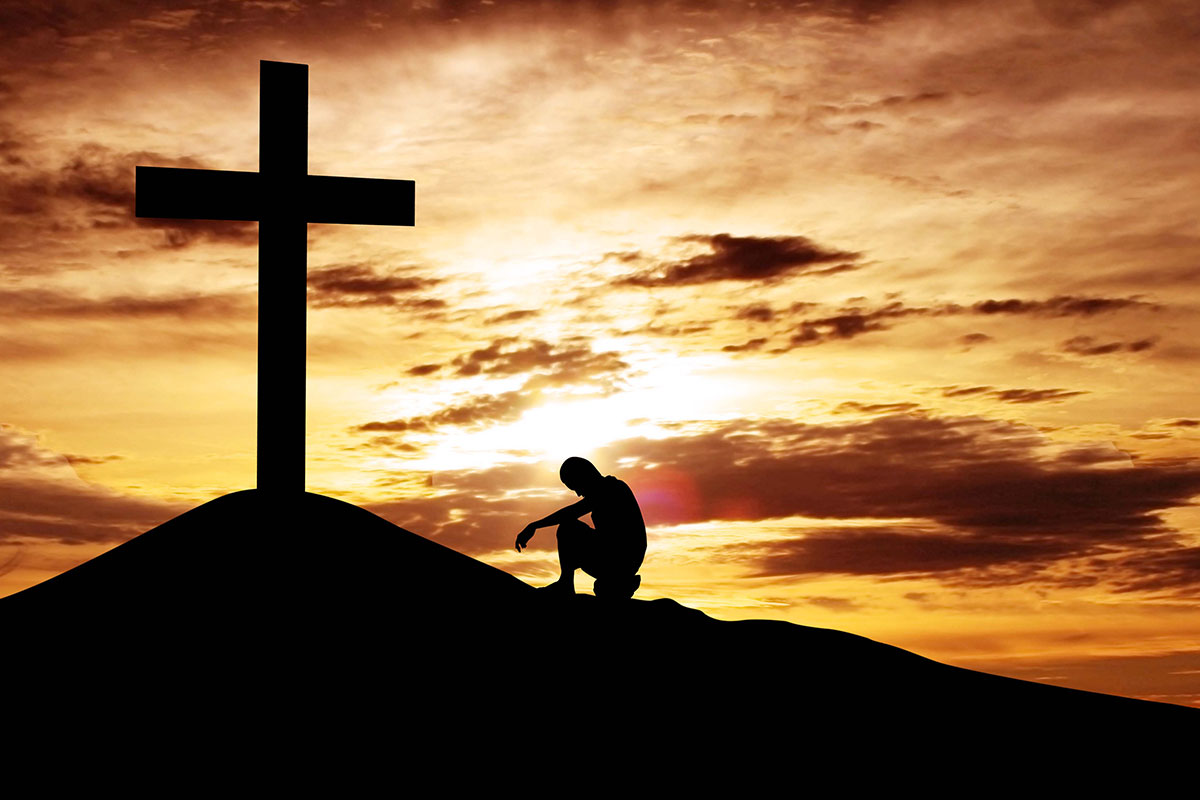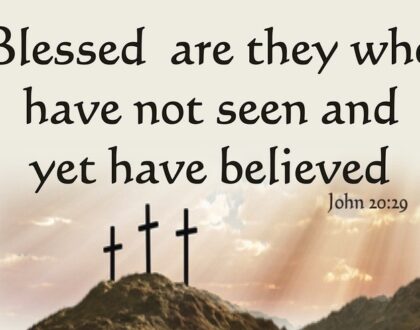The End as the Beginning

Luke 10:1-11, 16-20
After this the Lord appointed seventy others and sent them on ahead of him in pairs to every town and place where he himself intended to go. He said to them, “The harvest is plentiful, but the laborers are few; therefore ask the Lord of the harvest to send out laborers into his harvest. Go on your way. See, I am sending you out like lambs into the midst of wolves. Carry no purse, no bag, no sandals, and greet no one on the road. Whatever house you enter, first say, ‘Peace to this house!’ and if anyone is there who shares in peace, your peace will rest on that person; but if not, it will return to you. Remain in the same house, eating and drinking whatever they provide, for the laborer deserves to be paid. Do not move about from house to house. Whenever you enter a town and its people welcome you, eat what is set before you; cure the sick who are there, and say to them. ‘The kingdom of God has come near to you.’ But whenever you enter a town and they do not welcome you, go out into its streets and say, ‘Even the dust of your town that clings to our feet, we wipe off in protest against you. Yet know this: the kingdom of God has come near’…Whoever listens to you listens to me, and whoever rejects you rejects me, and whoever rejects me rejects the one who sent me. The seventy returned with joy, saying, “Lord, in your name even the demons submit to us!” He said to them, “I watched Satan fall from heaven like a flash of lightning. See, I have given you authority to tread on snakes and scorpions, and over all the power of the enemy; and nothing will hurt you. Nevertheless, do not rejoice at this, that the spirits submit to you, but rejoice that your names are written in heaven.”
The End As The Beginning
There is a technical word sometimes used by theologians and interpreters of the Bible that refers to an event in time that reveals what the future holds. The word is “prolepsis.” A proleptic event does not predict the future as for example an astrologer might do. Rather, in some way, shape, or form, it tells us what the future is going to look like. It reveals it. It’s like reading the last chapter of a book first. Moreover, a proleptic event is not an uncertain event, as if it may or may not happen. It is not the same things as an economist, for an example, who may give us a number of different scenarios regarding future economic activity depending on whether or not the Federal Reserve raises interest rates. A proleptic event reveals only one outcome.
And one last thing: A proleptic event does not depend on human events or the choices that human beings make. In fact, human events and history may make things look like anything but what is indicated in a prolepsis. There is no way to predict it using the evidence we might use when formulating an outlook of some kind. For example, foreign affairs specialists may sometimes make predictions regarding the likelihood of peace agreements based on current events. One of the more infamous of these was Prime Minter Chamberlin saying, “Peace is at hand,” after having signed a peace agreement with Hitler.
The Bible is filled with proleptic events—or visions—although sometimes they initially come in the form of divine promises. For example, Abraham and Sarah are promised a son in their old age. This was not humanly possible, but it happened. God’s promise revealed what the future held. And the same is true of all the promises Abraham and Sarah received.
This fact leads me to another observation: proleptic events and promises come from God. Human beings are not involved in making them happen. Their origin is divine and therefore, apart from God, they would not happen at all. However, God does call his people to act on the bases of these events. Again, citing Abraham and Sarah: while the promise and fulfillment came from God, they were called to act on the basis of this promise. “Leave your home, your kindred, and all that you know, and go to the place I will show you.” This was the command God gave on the basis of his proleptic promise. So, while we are not responsible for the proleptic acts of God, they do have a major impact on our lives. We are called to stake our future on them—to trust that what is revealed will take place. In today’s text, there is a proleptic event at the end of the story. It had to do with the future and how that future impacts our lives in the present.
Jesus sends seventy people to go out into the region’s villages and proclaim, “The kingdom of God has come near.” That is to say, God’s rule in his creation is not so far off as you may think. It’s not simply out in the distant future. Its influence can be seen and experienced right now. This was the message they were to convey. (By the way, in Hebrew numerology, 70 is a complete number. While 7 represents a complete number due to the days of the week, 70 is complete on a larger scale.)
When they return, they are joyful because they have experienced firsthand that the power and influence of God’s kingdom has indeed came near. “Even the demons submit to us,” they joyfully exclaim. That is to say, the power of evil is impotent in the face of God’s rule. Wherever we might see signs of redemption, healing, and events where good overcame evil, we see the influence of God’s rule come to earth. Under God’s sovereignty, our existential threats are reversed. God’s presence, when it is revealed through word and deed, reverses power of degeneration and results in redemption. In Luke 11:20, Jesus says, “But if it is by the finger of God that I cast out demons, then the kingdom of God has come to you.” Then Jesus shares a proleptic event with the seventy. “I watched Satan fall from heaven like a flash of lightning.” That is, Jesus shared a vision of something that is going to happen down the road. This God-given proleptic vision clearly presented him with a foretaste of things to come. The ultimate ground and power of evil will be destroyed. Human history—all of us—are headed for a time when evil will be no more. In the kingdom of God there is no room for the forces of destruction, or the sorrow, pain and the tears they create. This is not something that might happen. This is not a day and age we will create. This is something that will happen. Why? Because God, being God, can do whatever he wants. And this vision is one way in which he has promised to do just that. It is a certainty whether we cooperate with him or not.
But equally important to this proleptic event is the message that is embodied in the events that take place before this vision. For these describe how this proleptic vision can affect our lives in the present.
Notice how Jesus sends these 70 people out. They are to conduct their ministry relying entirely on God’s providential care. “Carry no purse or extra sandals. No food. Rely entirely on the hospitality of those who receive you. Demonstrate kindness by curing the sick—an ability God will give them. If you are rejected and sent on your way, don’t react with hostility. Simply move on without it having a negative effect on you. For those who do receive you–share the peace of God with them. And don’t feel guilty about their generosity. You deserve it.
These are not intended to be instruction for all people who may enter the mission field. The meaning of these instructions is tied to his opening statement: “See, I am sending you out like lambs into the midst of wolves.” This hardly requires an explanation. The fact is, what they are about to do will not be received without hostility from some. They will encounter resistance and in some cases hostile rejection. This is to be expected.
Nevertheless, Jesus instructs them to proceed in this way in order to demonstrate their trust in the message itself. Think about this. The proleptic vision is that evil has already been defeated. Satan, the embodiment of evil, is finished. Wherever the kingdom of God—the power of God’s love in Jesus Christ—is present to exercise its influence on us, the power of evil is broken and defeated. It can’t win. New life, courage, hope, forgiveness, and compassion will emerge and flourish in the wake of any firestorm that results in ashes, waste and despair.
We might compare this to what happens when acres and acres of forest and meadow are laid waste by a fire. Once the flames are put out, there is nothing left but ashes and death. As I shared previously, the power of evil is the power of non-being. Where there was life and goodness, evil effects cruelty and death, like a terrorist indiscriminately mowing down innocent bystanders. After a forest fire, one might think that life in that area is no longer possible. But that’s not the case. The waste left behind—the remains of the life that was—actually becomes the basis and in some cases the nourishment of a lush panoply of new life. Out of the ashes, new life emerges. The destructive power of the fire has no chance of turning the landscape into a permanent, lifeless wasteland. Life always wins.
This phenomenon in nature is a metaphor of the power of God’s kingdom and its effect on us. And God’s power and love is effective through faith and trust. As we receive the power and love of God’s influence on us through faith, we need not allow the negatives in life to leave us hopeless and without strength to carry on. Faith receives the victory of Jesus over sin and death through the Spirit now, not just in the future. Jesus has already been raised from the dead. He is, as Paul said, “a life-giving spirit” in our hearts now. That is, the kingdom of God has already come near in the presence of Jesus Christ.
This is why Jesus gives the 70 these instructions. He wants them to live trusting their message. If it’s true that the power of God’s Kingdom has come near, then show people what that looks like. What they are being asked to do is to trust in God. “You don’t need a purse with extra money. You don’t need extra sandals. Rely on the hospitality you receive for what you need.” In other words, it’s out of your control and in the control of God. Rely on him instead.
Moreover, under the influence of God’s kingdom—which has come near—you should be able to cure the sick and cast out evil spirits. Do that and your words will be confirmed by your deeds. That is how you bring the power of God’s love to bear on the lives of others, and that is how you will bring them to faith.
And so it was. They returned with joy and this confirming evidence of the power of God’s love led to Jesus’ proleptic vision of Satan’s destruction.
What this might look like in our lives can take many forms:
- When we release someone from a troubled conscience, for example, by forgiving him, when that burden is shed and he goes free, that is the power of God’s kingdom, and that’s how people are often given the gift of faith.
- When we offer our compassionate presence to someone who is suffering and who feels terribly self-conscious about what he is going through, and when our compassion gives comfort and releases the sense of unworthiness or shame, that is the power of God’s kingdom working through us.
- When a remorseful person who was sentenced to time behind bars for some criminal act is treated as someone who can be redeemed rather than as someone who should be perpetually condemned; and when as a result, his life changes for the better, there you see that God’s kingdom has come near.
- When an alcoholic or drug abuser who wants to become free is given another chance rather than excluded and condemned, and when they return to themselves, there the kingdom of God has come near.
- Or, when you see a community rebuild after a natural disaster rather than give in to the destruction and give up, there you see the kingdom of God has come near.
And in all of these cases, you see that the grip of evil has been overpowered, just as Jesus did.
Make no mistake about it. In order for stories such as these—which I might add happen everyday—in order for redemption to happen, there must be faith. It is indeed the grace of God that accomplishes these redemptive scenarios, however God’s grace is effective through faith. It is possible for us to close our hearts and keep God’s grace at bay. It is possible that we become complicit in our own failure and defeat. That’s tragic, because it’s unnecessary. Through God’s word and promises, God’s grace is always available to us. And again, we know that because Jesus has already won the victory over sin and death for us. There is nothing left to do except to receive it by faith. And even that is a gift because none of us found God’s grace. God’s grace found us through the people and communities who have shared it with us.
And finally, let me say that this vision of the destruction of evil defines our world’s ultimate destiny. While it may seem as if chaos reigns and evil influences are in control, our faith is not in what we see but in what Jesus saw—and did. Therefore, it is entirely unnecessary to allow fear and anxiety to take control of us. To do so gives the victory to evil. Let the Word of God define and shape your faith in the future. In so doing, we will be preserved in hope, and God’s future will give us life in the present.
Recent Sermons

The Assurance of Jesus’ Presence
April 21, 2024

Made Strong By Faith
April 14, 2024

Jesus Appears
April 07, 2024



